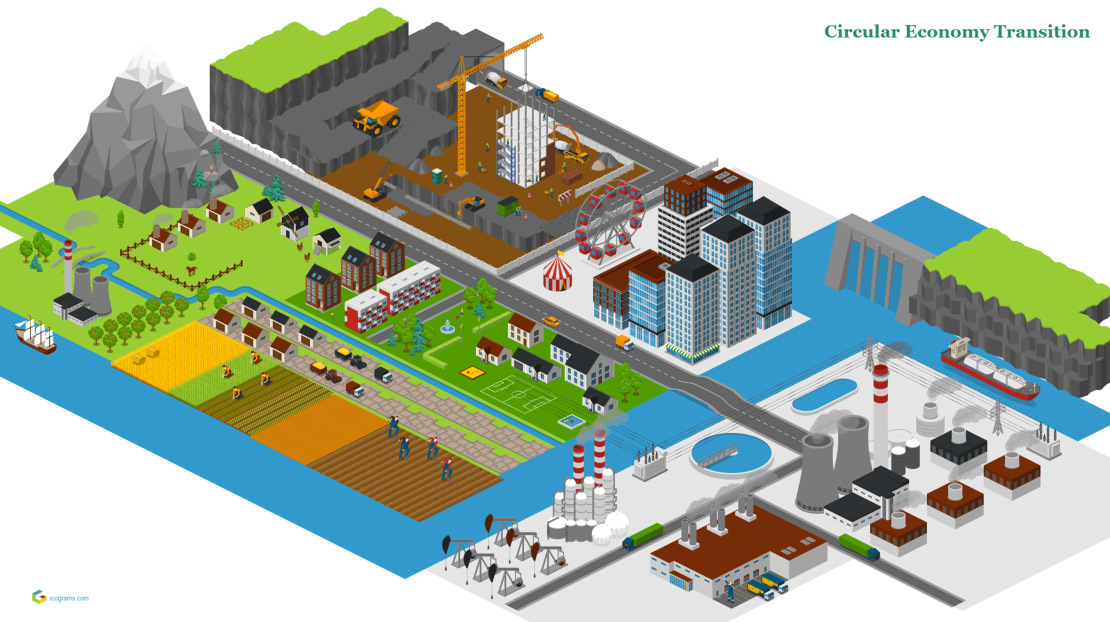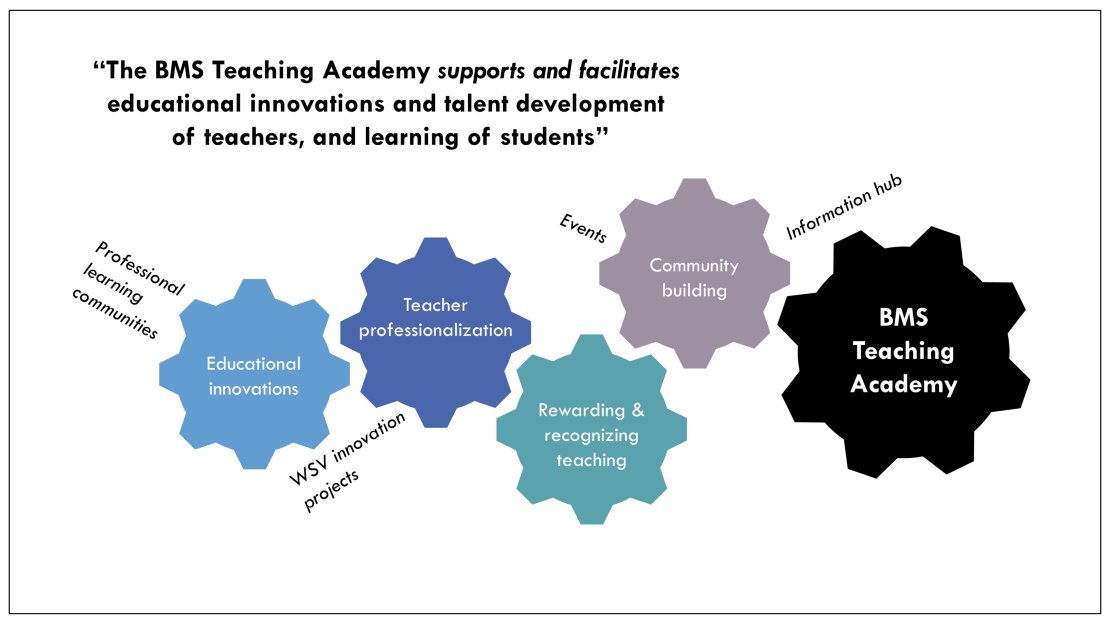It’s time for an update! Since EdFest, the BMS Educational Innovations Festival in early March, there is quite some news to share, therefore, in this newsletter:
- The new WSV Innovation Projects webpage is live
- Activity calendar
- Get to know: Devrim Yazan and his serious game
- Get in touch
The new WSV Innovation Projects webpage is live
With a few more WSV Innovation Projects being finalised again, it was time to put a rightful spotlight on those on our website. For this, we revised our website to allow for better presentation of the outcomes of WSV Innovation Projects. Have a look and see what interesting projects your colleagues have set up!
Activity calendar
Kick-off UT Teaching Community (hosted by 4TU.CEE) | New BMS Lecturer Lunch | Teaching & Learning after Covid: what will stick? |
12th of April, 12:30 – 13:45 | 21st of April, 12:45 – 13:30 | 3rd of May, 14:00 – 15:15 |
LearnX DesignLab | RA 3334 | RA 2504 |
The theme of this meeting will be Digitalization in a broad sense. The Teaching Community is set up (by 4TU.CEE) to help UT teachers connect, contribute to coherence in the range of teaching innovation initiatives, and support further evidence-informed innovation. | Welcome to BMS! New lecturers have received an email with the invitation to a lunch where you can get to know each other. | This session will let you question a number of assumptions of how IT will affect teaching in a post-Covid world, and what we can learn from each other in this. The workshop is led by Chris Rouwenhorst and Leon Cremonini. |
New lecturers have received a sign-up link |
What’s more:
- The faculty of EEMCS will be hosting the Month of Education from 17th of May until 9th of June. The theme of this month is “the future of education”, to keep updated, have a look at the Month of Education website!
- CELT is organising the Challenge Based Learning Experience, a workshop in which you will experience CBL from the perspective of a learner in a learner team. This is a great example of an activity that fits in a CPD-T (Continuing Professional Development in Teaching) plan. The next session will be on 29th of June, from 9:30 – 16:30
Get to know: Devrim Yazan and the circular economy serious game
Hi Devrim! Before we ask you about your serious game, can you tell me something about yourself?
 I’ve been working at the IEBIS section since 7 years. My research field is sustainability and Circular Economy (CE). I specifically work on topics such as industrial symbiosis, information technologies for decision support in CE business models, and design and operations of sustainable supply chains with major attention on construction, bio-based, and renewable energy sectors.
I’ve been working at the IEBIS section since 7 years. My research field is sustainability and Circular Economy (CE). I specifically work on topics such as industrial symbiosis, information technologies for decision support in CE business models, and design and operations of sustainable supply chains with major attention on construction, bio-based, and renewable energy sectors.
I give an interdisciplinary master course entitled Circular Sustainable Business Development, and a bachelor course of Sustainable Supply Chains in the IEM program. Moreover, last academic year, I opened the minor of Circular Economy Transition (CET).
We heard you are using a serious game in one of your courses of the minor, why did you choose a serious game as a medium?
Serious games are a kind of entertainment tools to help students to practice what they learn in theory classes. This minor module has an important practical component, so it was reasonable for us to include a game component. We had 60 students from 11 different bachelor programs participating in the minor. The minor consists of 4 theoretical courses, and the game is where they are practicing the theory.
Can you tell us more about the game?
We (Devrim is module coordinator, there is an IEBIS core team executing the game, though the main concept was designed together with other teachers of the module, one from PSY, COM, PA each) approach CE via stakeholder engagement. We integrate the perspectives of government, household, companies; how can these work collaboratively in order to achieve transition to CE?
We designed a hypothetical city, called CET city. We expect from groups of students to take the role of households, companies, and policymakers. Each group is responsible for two houses (rural/urban) and two companies (product/service) and has the right of voting for a government regulation in the municipality council. This allows students to see the different lenses of the different stakeholders involved in implementing CET.
The game takes 4 rounds. In each round we ask students specific questions that should be answered by yes/no or by a specific game action.
The main challenge of the game is that the amount of available resources (water, materials, energy) and the space for produced wastes (carbon emissions, wastewater, material waste) are not sufficient for companies and households to survive for the entire game. So, companies and households are expected to take ‘circular actions’ during the game and keep the resources in the ‘loop’ to achieve a sustainable transition to CE.
For example, companies can take actions on a new product design, development of new technologies, waste recycling, industrial symbiosis, product refurbishment, etc. The households can make changes in their lifestyle as responsible citizens and sustainable consumers via investing in renewable energy technologies such as space/water warming, sustainable mobility, efficient use of electric appliances, etc. Government can regulate environmental taxes or subsidies for companies and households.

Figure CET City (design by Yifei Yu)
The city’s performance, as well as each group’s performance, is measured round by round via sustainability performance indicators (carbon emission, resource emissions, waste discharge, household savings…). Grading is done partially based on the individual group performance and entire city performance. Finally, presentations are given by each group at the end of the module based on their game experience.
Very interesting! What are your plans for the future with this project?
We received very good student assessment, they liked the game but also proposed multiple suggestions to improve it. A future plan is to integrate artificial intelligence (AI) into the game via updating the design of game questions. Current structure of the game is rather deterministic. How can this be more dynamic and how can trade-offs be better implemented? These challenges are now being taken into account.
An interface is being implemented right now in collaboration with the BMS Lab. IEBIS and BMS Lab are working together in order to prepare the game for future evolutions. The game will also serve for research purposes, via letting policymakers and company managers play the game and simulate potential future scenarios.
So we can surely see the game interface around next year?
This year we played in a MS Teams environment via Excel files, we are hoping to finish the interface by June and make it ready for Q2 of the next year.
Cool! Looking forward to it.
Stay in touch
If you have any input, ideas or suggestions: Corrie Huijs (c.huijs@utwente.nl) and Tom Boogerd (t.c.boogerd@utwente.nl)

